Industry information
Company News
- Punched aluminum veneer: a fashionable choice in modern architecture
- Aluminum veneer, the fashionable choice for modern architecture!
- Fluorocarbon aluminum veneer: a perfect combination of fashion and durability
- Aluminum veneer: understated luxury in modern architecture
- Customized aluminum veneer, making the space full of personality!
Industry dynamics
- Twisted aluminum veneer design that highlights individuality through wire drawing technology
- Anti puncture performance of imitation wood grain aluminum veneer
- Aluminum veneer, creating a new trend in modern architecture
- Curtain wall aluminum veneer: the beauty of architecture, simple yet not simple
- Aluminum veneer customization, creating a new proposition for personalized space!
Frequently asked questions
- Can the insulation function of aluminum veneer be long-lasting and effective?
- How sustainable is aluminum veneer?
- Is there a wide range of color options for aluminum veneer?
- Is the use of aluminum veneer limited by geographical environment?
- What is the thermal expansion coefficient of aluminum veneer?
contact us
Mobile:+86 15627778610
Email: 2201229786
Address: No. 5 Binjiang Road, High tech Zone, Zhaoqing City, Guangdong Province
The influence of aluminum veneer thickness on performance
- Author: Xinlongtai Aluminum Industry (Guangdong) Co., Ltd
- Release time: March 2, 2025 00:08:47
- Click:0
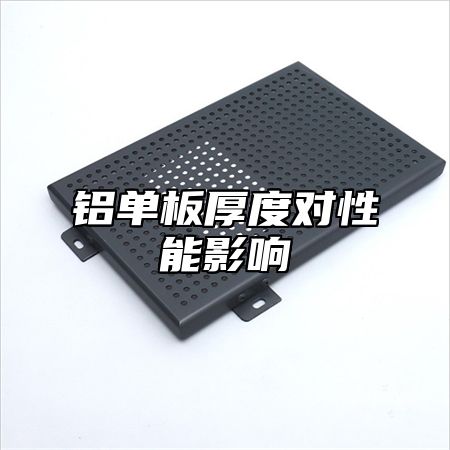
Aluminum veneerAs a new type of building material, it has the advantages of lightweight, corrosion resistance, and easy processing, and is widely used in fields such as construction, decoration, and advertising. The performance of aluminum veneer is also affected by its thickness. This article will provide a detailed introduction to the influence of aluminum veneer thickness on its performance, including strength, stiffness, thermal insulation, and fire resistance.
1、 Strength
The strength of aluminum veneer is closely related to its thickness. Generally speaking, as the thickness of aluminum veneer increases, its strength will also correspondingly improve. This is because increasing the thickness of aluminum veneer will increase the cross-sectional area of the aluminum material, thereby improving the compressive strength and bending strength of the material. However, if the thickness of the aluminum veneer is too large, it will lead to an increase in its weight, thereby affecting its usability.
2、 Stiffness
The stiffness of aluminum veneer also has a certain relationship with its thickness. Generally speaking, as the thickness of aluminum veneer increases, its stiffness will also increase accordingly. This is because an increase in the thickness of aluminum veneer will cause an increase in the cross-sectional moment of inertia of the aluminum material, thereby improving the stiffness and stability of the material. However, if the thickness of the aluminum veneer is too large, it will lead to an increase in its weight, thereby affecting its usability.
3、 Thermal insulation
The thermal insulation of aluminum veneer is also related to its thickness. Generally speaking, as the thickness of aluminum veneer increases, its thermal insulation performance will also improve accordingly. This is because increasing the thickness of aluminum veneer will reduce the thermal conductivity of the aluminum material, thereby improving the insulation performance of the material. However, if the thickness of the aluminum veneer is too large, it will lead to an increase in its weight, thereby affecting its usability.
4、 Fire resistance
The fire resistance of aluminum veneer is also related to its thickness. Generally speaking, as the thickness of aluminum veneer increases, its fire resistance will also improve accordingly. This is because the increase in thickness of aluminum veneer will form a dense oxide film on the surface of the aluminum material, thereby improving the fire resistance of the material. However, if the thickness of the aluminum veneer is too large, it will lead to an increase in its weight, thereby affecting its usability.
The performance of aluminum veneer is closely related to its thickness. Manufacturers need to choose the appropriate thickness of aluminum veneer according to the actual usage environment and requirements to ensure that it has good strength, stiffness, thermal insulation, and fire resistance. Consumers also need to pay attention to the thickness indicators when purchasing aluminum veneer to ensure that it can meet their own usage needs.


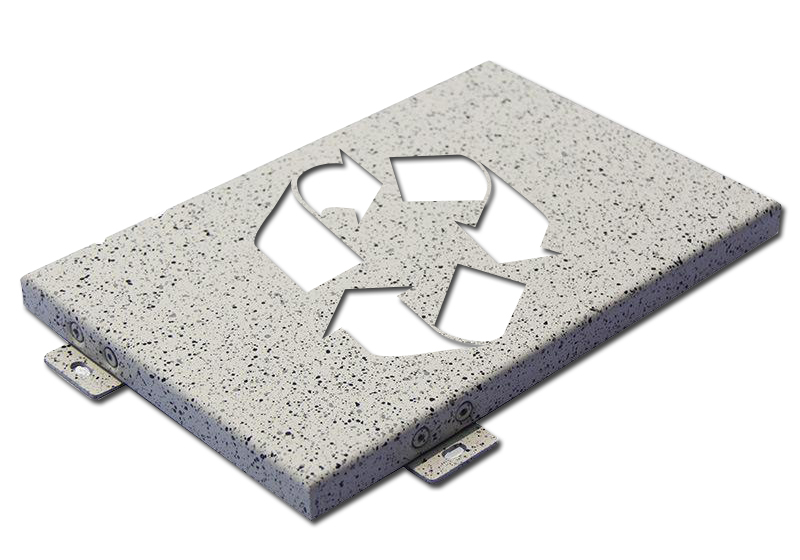
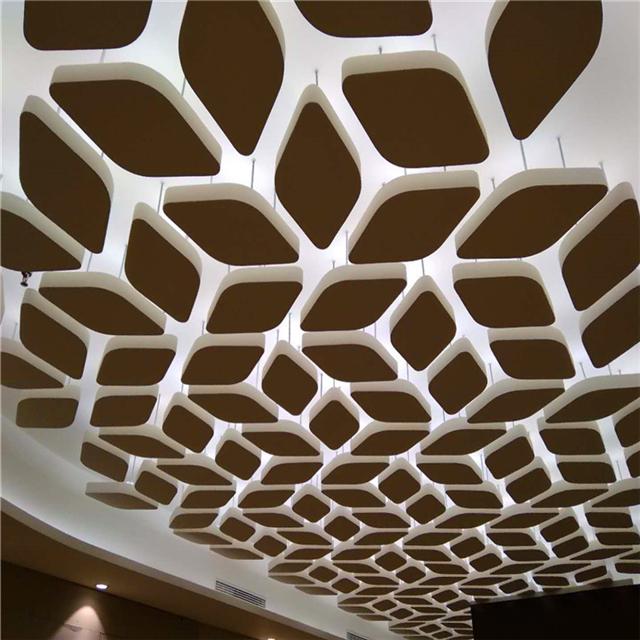
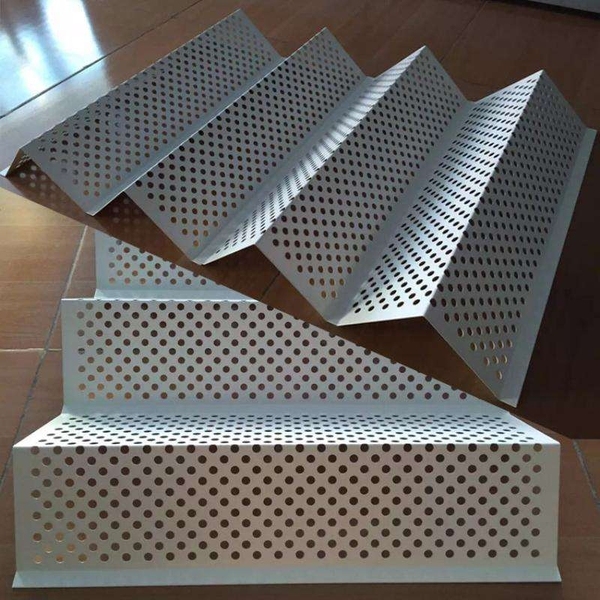
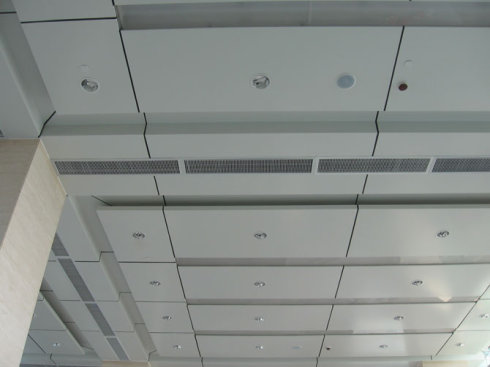
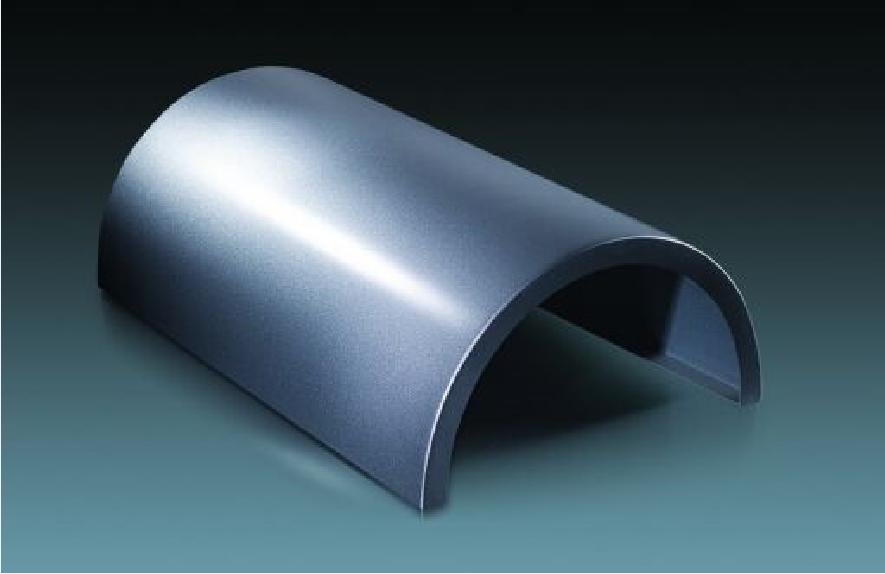
 Customer service QQ
Customer service QQ